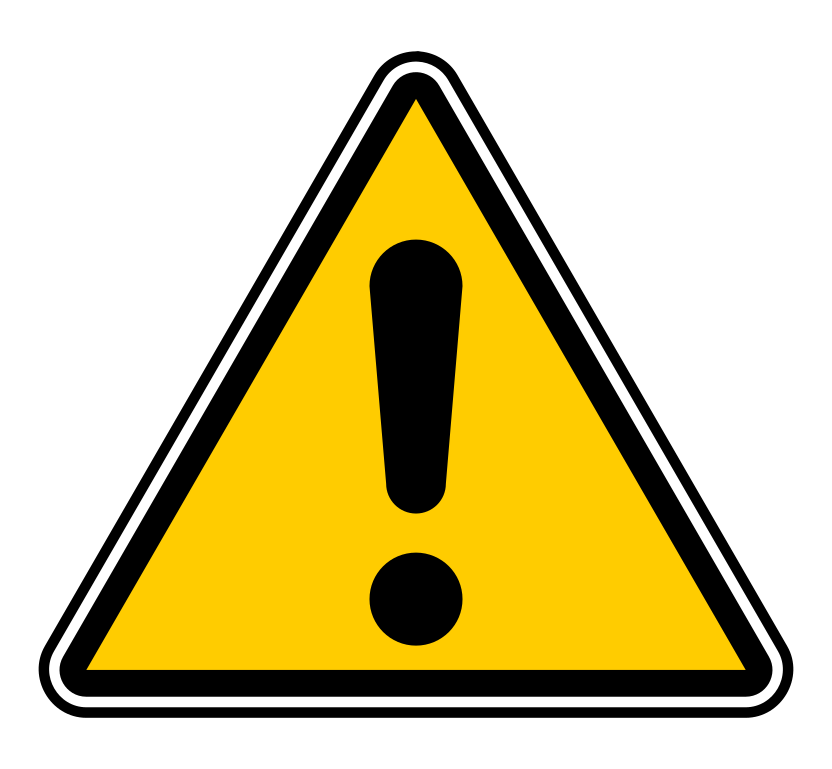https://www.physicianspractice.com/view/discharging-patients-unpaid-balances
Question: Can a practice legally refuse to treat a patient if they have an unpaid balance but they haven’t been officially dismissed from the practice?
Answer: This issue was touched upon in an earlier blog in which I discussed
terminating a patient from your practice. In all patient challenges, the most important goal is to avoid a claim of patient abandonment and assure that patient care is not neglected. Regardless of the reason for your issues with a patient, whether it’s unpaid bills, failure to follow advice, or mistreatment of staff, the same advice applies:
1. Document any issues you are having with the patient. Make sure not to terminate a patient until there is evidence in the record of the problem(s). Patients should be provided with notice of such problem(s) and an opportunity to modify their behavior. If the particular patient’s issue is an unpaid balance, meet with the patient privately and discuss the issue. Can a payment plan be established? Can the patient demonstrate financial hardship that you are able to document? (See my blog on
patient financial hardship) Document your meeting with the patient, the issues discussed, and the patient’s response.
2. If no agreement can be reached regarding payment of amounts due, follow up in writing and let the patient know that unless a payment plan is established by a certain date, the practice will provide notice of termination.
3. If efforts to establish a payment arrangement are still unsuccessful, you may need to terminate the patient. Always remember that the patient must be provided with sufficient time to find alternative care before termination from the practice. Reasonable notice can vary depending on the patient’s medical condition and the difficulty which a patient may have in finding alternative care. For example, I recommend that an oncologist not terminate a patient for nonpayment of medical bills until the patient has completed the current course of chemotherapy. Alternatively, a patient of an internist who simply comes in when he or she has a cold or other minor issue may require only 30 days’ notice. There may be state-specific laws regarding minimum notice periods and these must also be observed. It’s not your responsibility to make sure the patient has found a new physician, only to provide sufficient time for the patient to do so. However, in certain circumstances, there may certainly be ethical obligations to provide additional assistance to extremely ill patients to secure continued care.
4. Termination of a patient from the practice should not interfere with your ability to turn over the patient’s bills for collection. However, at all times through the termination process and thereafter, it should be the goal of the practice to attempt to establish a payment arrangement with the patient and to determine if there is a documented financial hardship.
5. In any notice provided to patients, make sure you clearly note the date on which they will no longer receive care and how they can obtain copies of their medical records. You should also offer assistance in locating a new physician, such as providing contact information for a state medical association or similar organization. The patient should understand that in the event of an emergency or urgent situation (which may depend upon specialty), the practice should take the necessary steps to assure the patient is properly cared for.
Like any other business, physicians should not be required to continue to offer services without payment. However, in medicine it’s not all about the bottom line. Take the time to properly handle each patient and to assure their understanding and continued medical care in order to best protect your medical practice.


